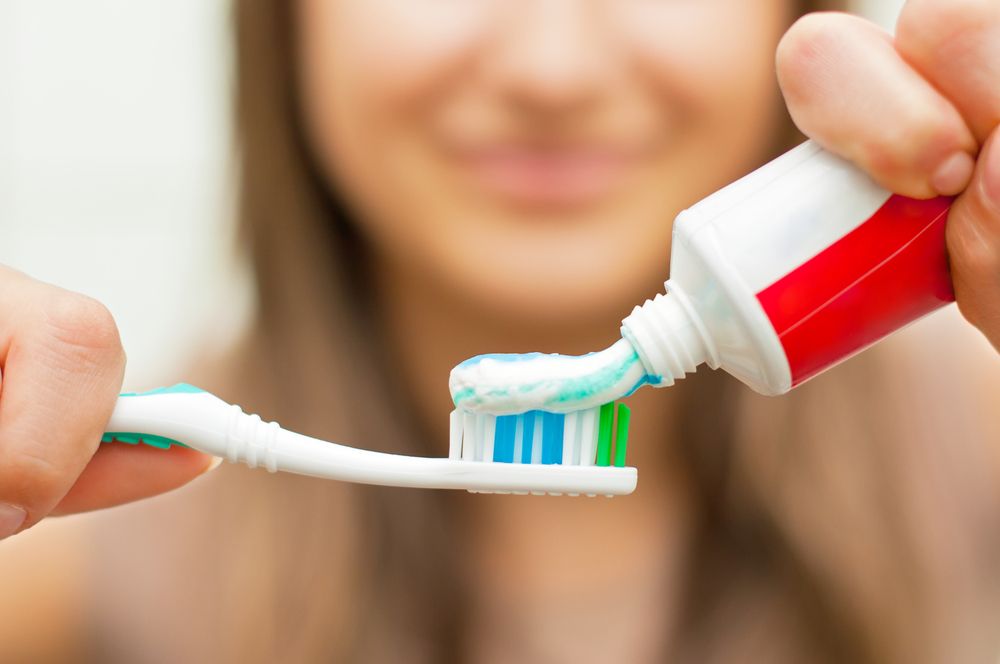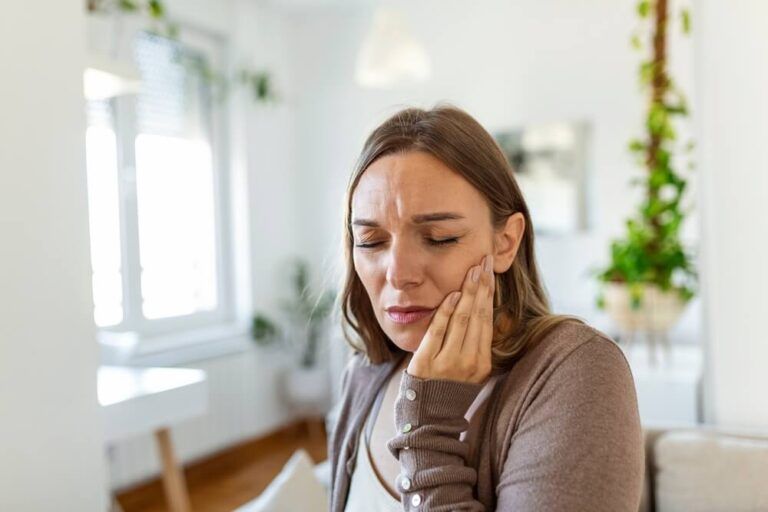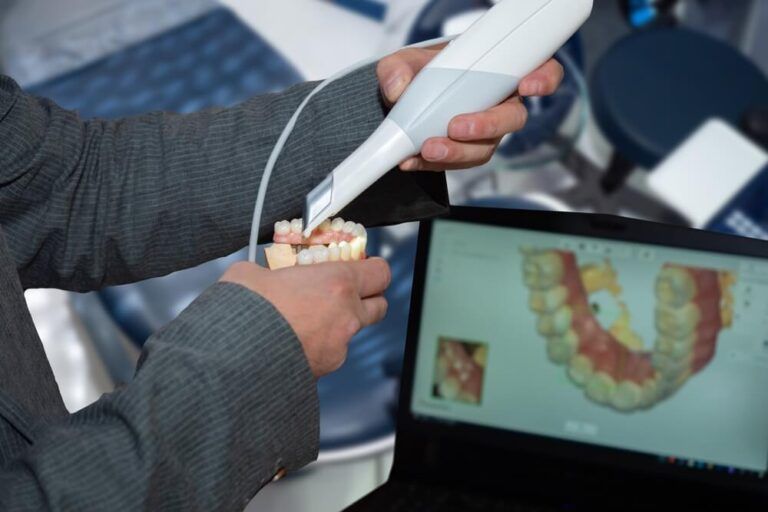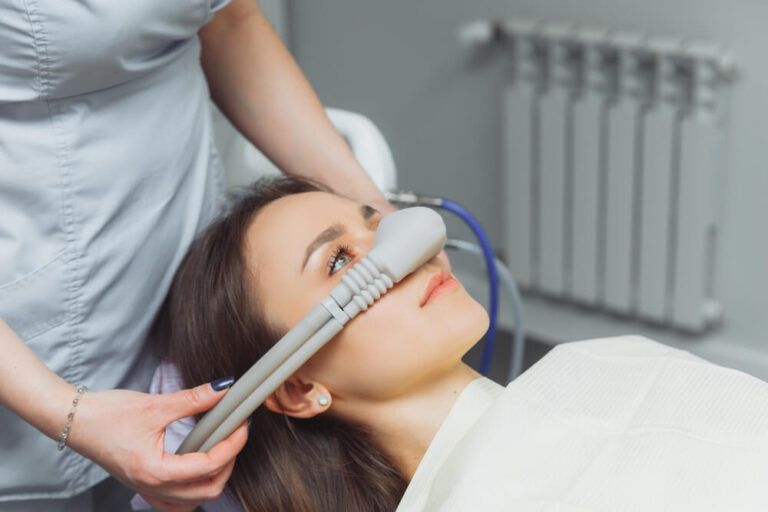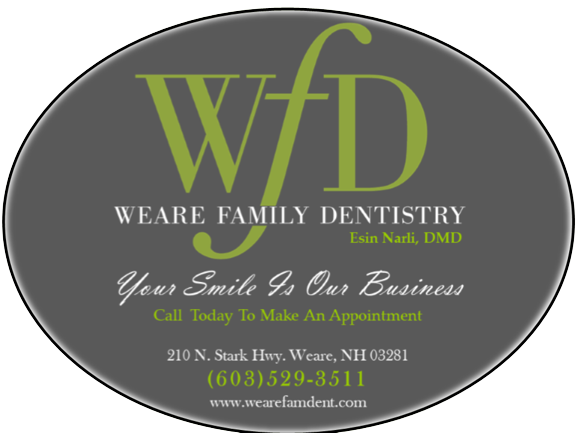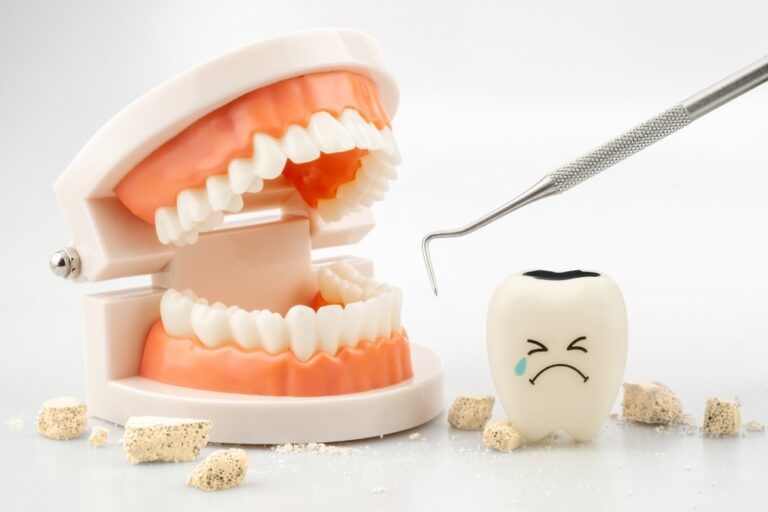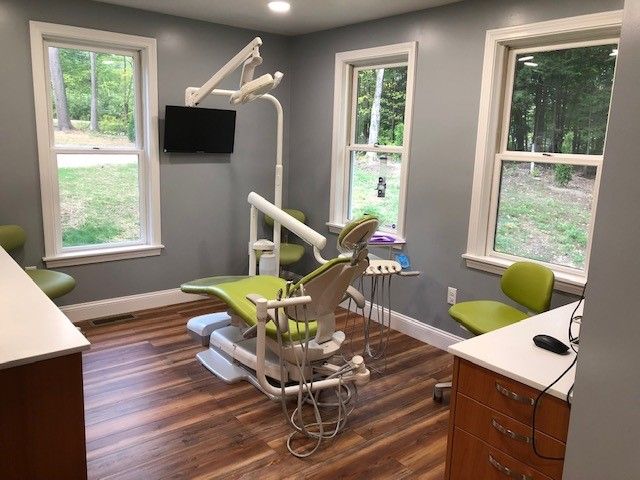Genetics plays a vital role in nearly every aspect of our health, and oral health is no exception. While lifestyle choices such as diet and hygiene certainly impact our teeth, the genes we inherit can influence everything from the structure of our teeth to our susceptibility to common dental issues. In this blog, Dr. Esin Narli of Weare Family Dentistry in Weare, NH, will explore how genetics affect oral health and provide guidance on how to address genetic predispositions to maintain a healthy smile.
How Genetics Impact Your Teeth
The foundation of your oral health begins with your genetics. From the size and shape of your teeth to the health of your gums, your genetic makeup can influence many factors that affect oral health. For instance, some people inherit naturally stronger enamel, while others may have weaker enamel, making their teeth more susceptible to cavities and decay. The position of your teeth, which influences alignment and bite, is also determined by genetics. This is why family members often share similar dental traits, such as crowded teeth or crooked smiles.
Additionally, genetic factors can influence the rate at which your body produces saliva. Saliva plays a critical role in oral health by helping to wash away food particles and neutralize acids produced by bacteria in the mouth. If you have a genetic predisposition to a dry mouth, you may experience increased tooth sensitivity, cavities, and gum disease. It’s important to understand how your genetics shape your oral health so that you can take preventative measures to keep your smile healthy.
The Role of Genetic Conditions in Oral Health
Certain genetic conditions can have a direct impact on your oral health. For example, conditions like amelogenesis imperfecta, which affects enamel development, or dentinogenesis imperfecta, which causes defects in the tooth’s hard tissues, can lead to severe dental issues such as weakened enamel or brittle teeth. These genetic disorders may require specialized dental care and treatments like crowns, fillings, or implants to preserve your oral health.
Another common genetic condition that affects oral health is periodontal disease, which tends to run in families. Research has shown that individuals with a family history of gum disease may be at higher risk for developing it themselves. Genetics can affect how your body responds to bacteria in the mouth, potentially leading to inflammation and infection in the gums. If you have a family history of periodontal disease, it’s crucial to monitor your gum health regularly and seek professional care as needed.
How Genetics Affect Your Risk for Common Dental Issues
In addition to influencing the structure of your teeth, genetics can also increase your susceptibility to common dental problems like cavities, gum disease, and oral cancer. People who inherit genes that affect the strength of their immune system may find it harder to fight off bacteria in the mouth, making them more prone to infections like gingivitis or periodontitis. Similarly, some individuals may inherit a genetic predisposition to develop cavities more easily due to factors like weaker enamel or a reduced ability to produce saliva.
While genetics may increase your risk for these dental issues, the good news is that you can take steps to reduce your risk. Brushing and flossing regularly, eating a balanced diet, and visiting your dentist for regular checkups can all help mitigate the effects of your genetic predisposition. Additionally, if you know that you are at higher risk for certain oral health problems, you can work with your dentist to develop a personalized treatment plan that addresses your unique needs.
Genetic Testing and Its Role in Oral Health
Advances in genetic testing have made it easier than ever to understand your genetic predispositions, including those that affect your oral health. Some dental professionals may offer genetic testing to assess your risk for specific oral health issues, such as cavities or gum disease. These tests analyze your DNA for specific markers that can indicate a higher likelihood of developing certain conditions.
While genetic testing can provide valuable insights into your oral health, it’s essential to remember that genetics is only one factor that influences your dental health. Environmental factors such as diet, hygiene habits, and lifestyle choices play a significant role as well. Therefore, genetic testing should be used in conjunction with other preventive measures and not as a replacement for regular dental visits.
Taking Control of Your Oral Health Despite Genetics
While genetics may influence your oral health, it doesn’t mean you’re powerless to take control. By understanding your genetic risks and working closely with your dentist, you can implement strategies that help minimize the impact of genetic factors on your oral health. This may include more frequent dental cleanings, using fluoride treatments to strengthen enamel, or opting for preventive treatments like sealants to protect your teeth.
Regular visits to your dentist are crucial, especially if you have a family history of dental problems. By staying proactive and monitoring your oral health, you can ensure that your smile remains healthy, regardless of your genetic makeup.
Embrace Your Genetic Makeup for Better Oral Health
Genetics undoubtedly plays a role in your oral health, but it’s important to understand that genetics alone does not dictate the state of your smile. By staying informed about your genetic predispositions and working with your dentist to create a personalized care plan, you can prevent dental issues from arising and maintain optimal oral health. Whether you have a family history of cavities, gum disease, or other oral conditions, there are always steps you can take to ensure that your teeth remain healthy and strong.
Sources:
- Taba, M., Jr., et al. (2005). Genetic and Environmental Factors in Periodontal Disease. Periodontology 2000.
- Allen, E. M. (2019). The Impact of Genetic Variability on Oral Health. Journal of Clinical Dentistry.
- Patil, S., & Kumar, P. (2018). Genetic Disorders and Their Influence on Oral Health. Journal of Oral Science.


